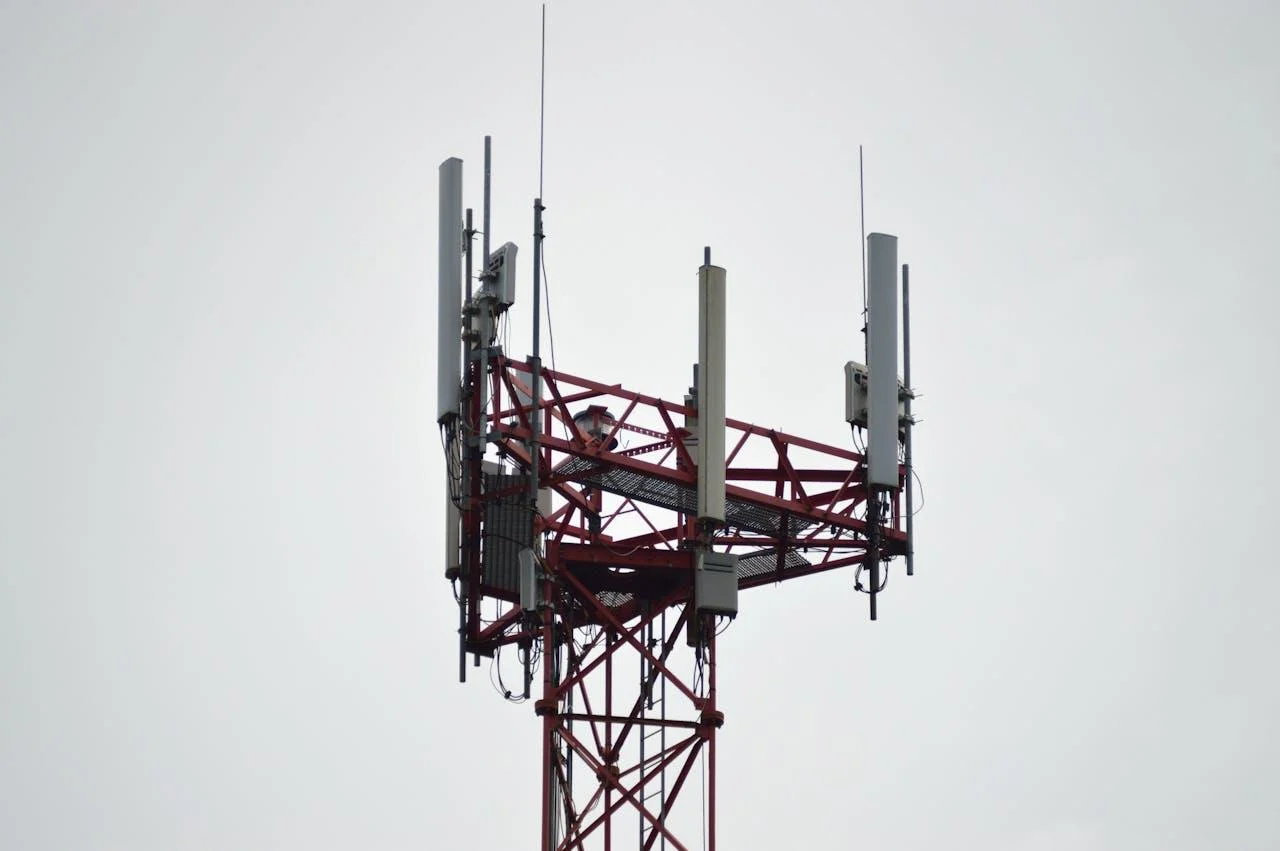As businesses rely more on mobile communications, the choice of network technology becomes critical. Although 3G networks have been useful for many years, the scene of telecommunications is evolving. For business communications, 3G has been superseded by faster, more secure, and more effective networks like 4G and 5G. Reliance on a 3G network has major hazards and restrictions that can jeopardize security, lower output, and limit a company’s future expansion possibilities. Understanding the implications of staying on 3G while making a strategic transition to newer technologies is critical for future success.
Security Vulnerabilities in 3G Networks
The inherent vulnerabilities of 3G networks are one of the main concerns related to them. The antiquated encryption techniques used in 3G technology fall short of providing sufficient security for private corporate communications as cyber threats become more complex. Weaknesses in the 3G system enable hackers to intercept data, gain unauthorized network access, and breach private data. This is extremely dangerous, particularly for companies that deal with private customer data or proprietary information. Transitioning to more secure technologies, such as 4G and 5G, provides stronger encryption protocols and advanced security features to protect against these threats. With growing concerns about data breaches and cyberattacks, it is critical to transition away from 3G networks in order to protect vital business assets.
Limited Network Capabilities and Performance
Limited capabilities of 3G networks can also impair business communications performance. 3G networks can cause delays in communication, therefore influencing productivity and efficiency, compared to 4G and 5G via slower data transmission rates. For companies depending on real-time communication tools, video conferences, and cloud-based apps, this latency can be particularly detrimental. As these technologies become more integrated into daily operations, the limitations of 3G can stifle growth and innovation. By greatly increasing bandwidth, the shift to higher-capacity networks helps to enable faster transmission of data and improved overall performance. Companies that leverage these cutting-edge technologies can maximize their communication systems, therefore improving operational effectiveness and cooperation.
Incompatibility with Modern Applications
Many contemporary apps are designed for 4G and 5G networks, which puts 3G users at a disadvantage as technology advances. Companies that stick with 3G might discover that their capacity to develop is limited by their inability to access the newest software solutions, productivity tools, and communication platforms. Applications designed for improved mobile experiences require the speed and reliability of newer networks to function effectively. For instance, data-intensive apps, collaboration platforms, and video conference tools depend on low latency and high-speed connections 3G cannot provide. Moving away from 3G will allow companies to fully utilize contemporary apps that boost overall service delivery, consumer involvement, and efficiency.
Regulatory Compliance and Industry Standards
Compliance becomes a major factor for companies as sectors implement more rigorous regulations on data security and privacy. To safeguard sensitive data, a number of legal frameworks, including GDPR, HIPAA, and PCI-DSS, require the implementation of strong security measures. Remaining on a 3G network might make it difficult for a company to satisfy these compliance requirements. The antiquated technology cannot provide the degree of protection needed to meet legal requirements, hence potentially exposing companies to penalties, legal liability, and reputation damage. Moving to more sophisticated networks improves security protocols and guarantees industry standards’ compliance. Adopting these solutions not only safeguards against legal hazards but also builds confidence among consumers and partners.
Future-Proofing Business Communications
In the fast-paced world of technology, future-proofing is critical for long-term growth and competitiveness. Businesses run the risk of becoming outdated as newer technologies develop and replace 3G networks. Transitioning to 4G or 5G not only provides instant benefits in performance, security, and speed but also prepares organizations for further developments. These newer networks promote the growth of the Internet of Things (IoT), artificial intelligence (AI), and machine learning—all of which are increasingly integral to business operations. Modern network technologies help companies leverage these developments, meet changing consumer demands, and remain agile in a dynamic environment. Future-proofing communication solutions guarantee that companies can seize opportunities and negotiate challenges in an ever-evolving environment.
Conclusion
In conclusion, it is critical to remove business communications from 3G networks in order to address security flaws, improve performance, guarantee compatibility with contemporary applications, adhere to legal requirements, and ensure that operations are future-proof. Transitioning to advanced network technologies protects critical business information while also enabling organizations to innovate and grow in a competitive environment. Embracing these changes is critical for businesses looking to succeed in the digital age.
